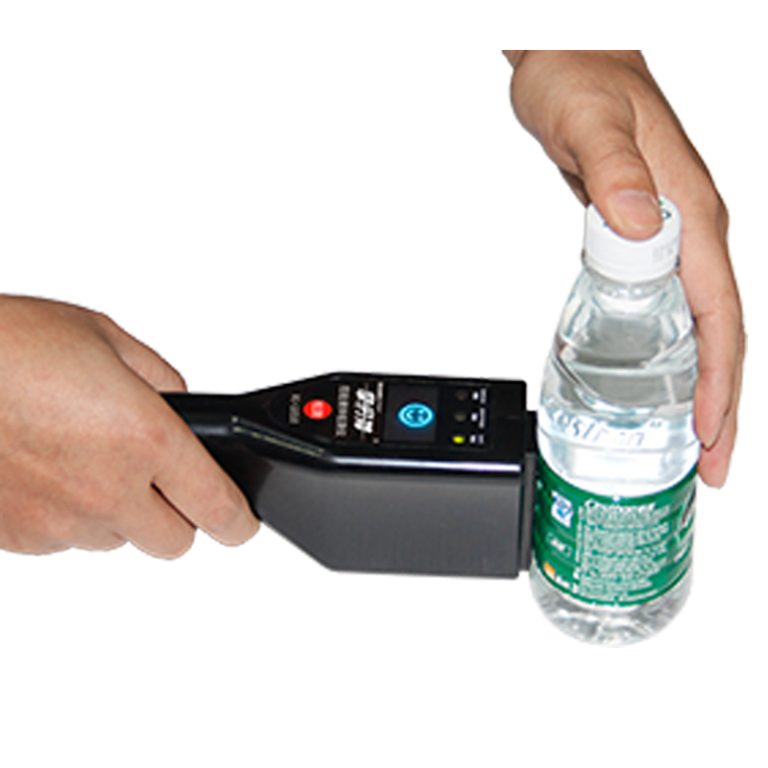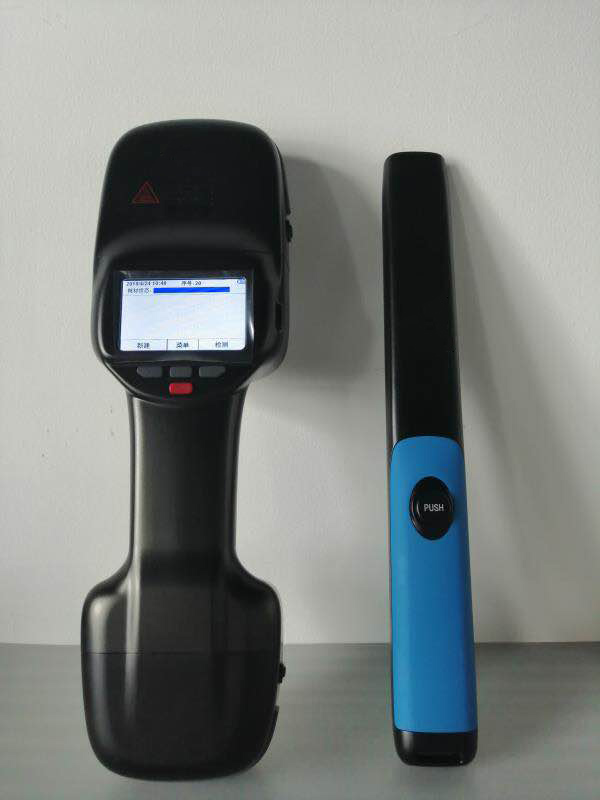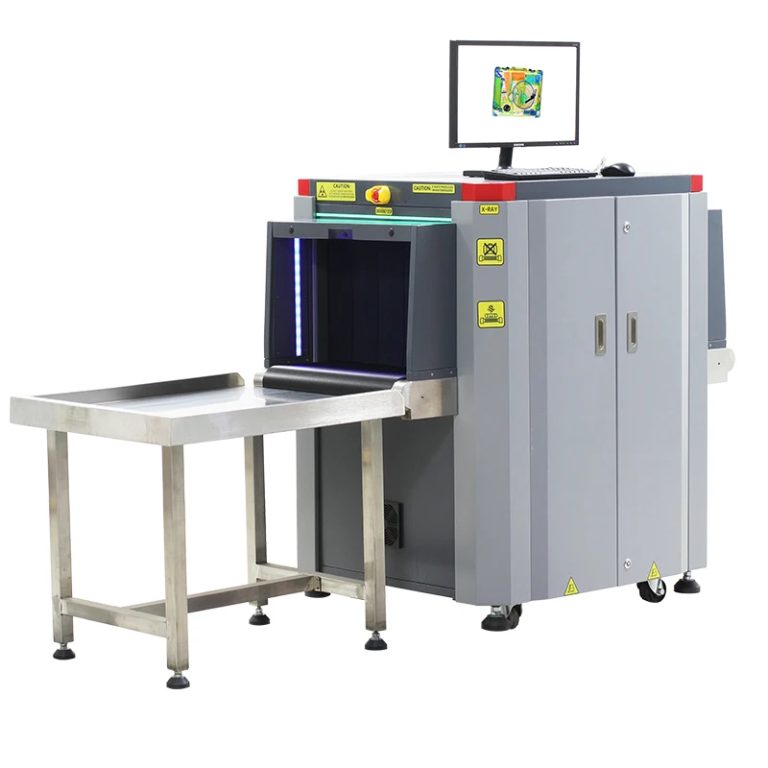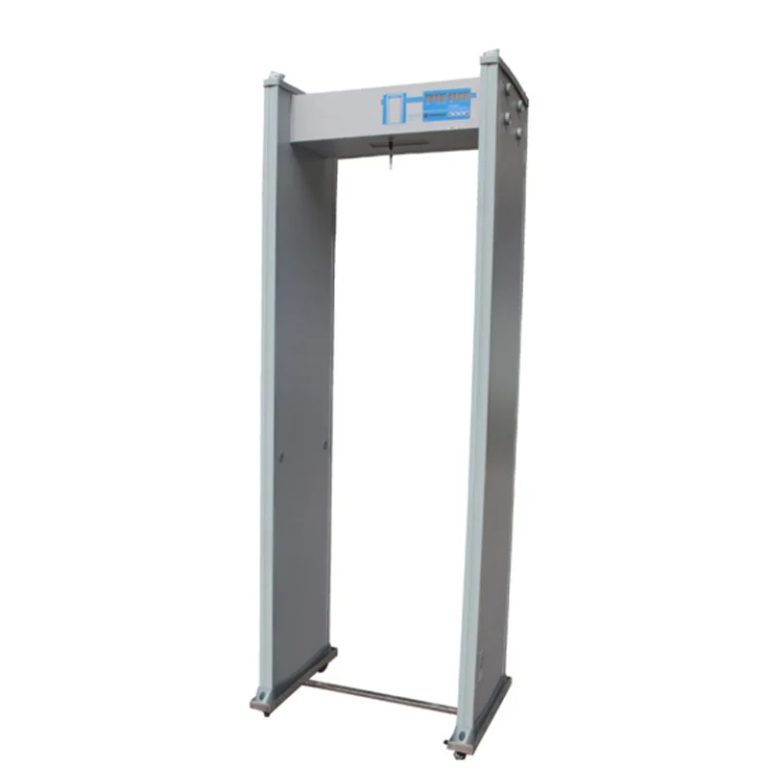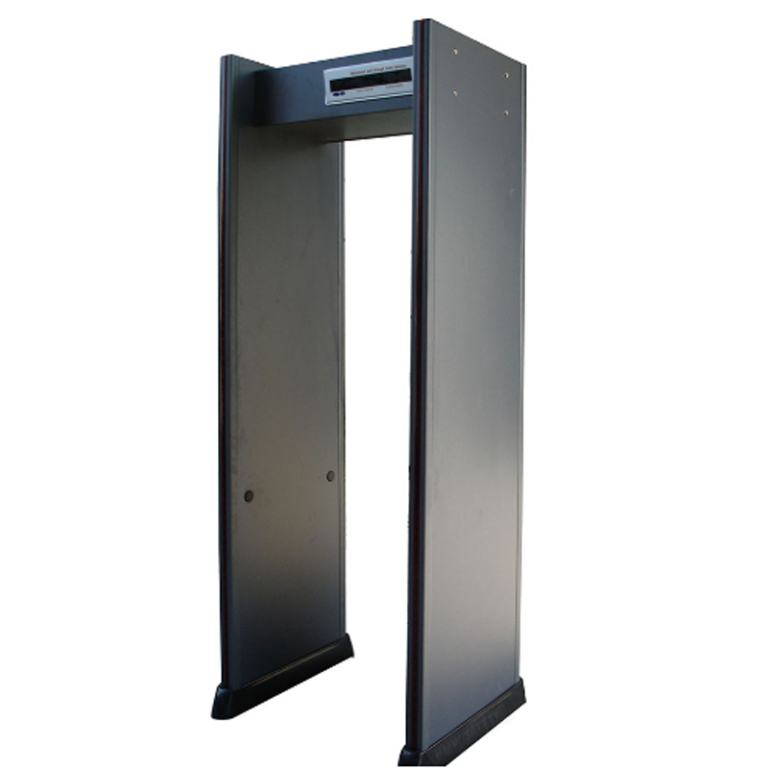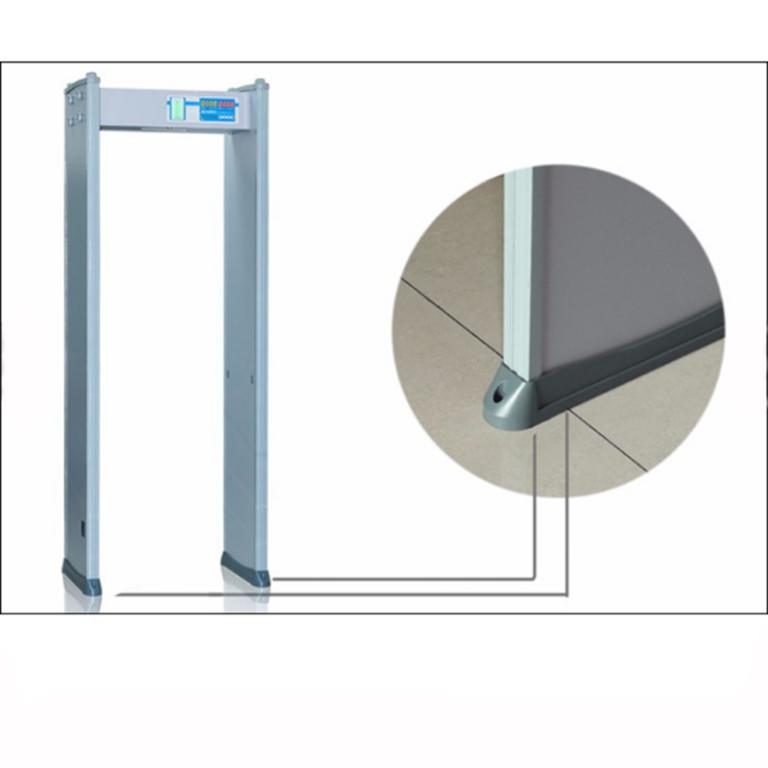Key Factors to Consider When Selecting an Industrial Metal Detector
When it comes to selecting an industrial metal detector, there are several key factors that need to be taken into consideration in order to ensure that you are choosing the right one for your specific needs. Industrial metal detectors are used in a wide range of industries, including food processing, pharmaceuticals, mining, and manufacturing, to name just a few. These devices are essential for ensuring product quality, safety, and compliance with industry regulations.
One of the most important factors to consider when selecting an industrial metal detector is the type of product that will be passing through the detector. Different types of products require different types of metal detectors, so it is crucial to choose a detector that is specifically designed to detect the types of metals that are commonly found in your products. For example, if you are working with products that contain a high percentage of stainless steel, you will need a metal detector that is capable of detecting stainless steel.

Another important factor to consider is the size and shape of the products that will be passing through the metal detector. Some metal detectors are better suited for detecting metals in large, bulky products, while others are designed for smaller, more compact products. It is important to choose a metal detector that is capable of effectively detecting metals in the size and shape of the products that you will be working with.
The sensitivity of the metal detector is also a crucial factor to consider. The sensitivity of a metal detector refers to its ability to detect even the smallest traces of metal in a product. The level of sensitivity that is required will depend on the industry in which the metal detector will be used and the specific requirements of the products being processed. For example, in the food industry, it is essential to have a metal detector that is highly sensitive in order to ensure that any metal contaminants are detected and removed from the product.
In addition to sensitivity, the speed at which the metal detector can operate is also an important consideration. Some metal detectors are capable of scanning products at high speeds, while others may be slower. The speed at which the metal detector operates will depend on the production requirements of your facility and the volume of products that need to be scanned. It is important to choose a metal detector that can operate at a speed that is compatible with your production needs.
The ease of use and maintenance of the metal detector is another key factor to consider. A metal detector that is difficult to operate or maintain can lead to downtime and decreased productivity. It is important to choose a metal detector that is user-friendly and easy to maintain in order to ensure that it can be operated efficiently and effectively.
In conclusion, selecting the right industrial metal detector for your needs requires careful consideration of a number of key factors, including the type of product being processed, the size and shape of the products, the sensitivity of the detector, the speed at which it can operate, and its ease of use and maintenance. By taking these factors into account, you can ensure that you choose a metal detector that is well-suited to your specific requirements and will help you to maintain product quality, safety, and compliance with industry regulations.

